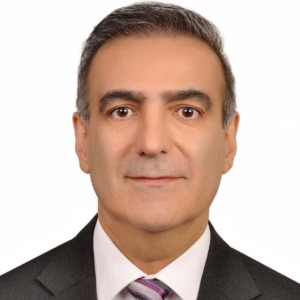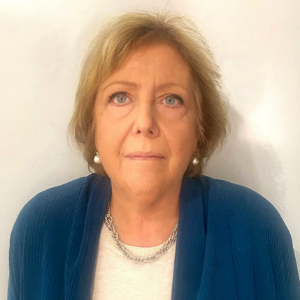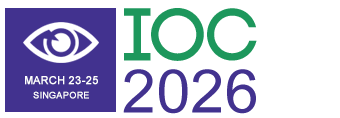Optometry and Ophthalmoscopy
Advancements in diagnostic tools have revolutionized the evaluation of ocular health. Optometry and Ophthalmoscopy play pivotal roles in early detection of retinal and optic nerve disorders. Modern ophthalmoscopes, equipped with digital imaging, enable precise visualization of the fundus, aiding in the diagnosis of conditions like diabetic retinopathy and macular degeneration. Optometrists leverage these technologies to provide comprehensive eye care, integrating refraction assessments with detailed retinal examinations. Innovations such as automated perimetry and optical coherence tomography complement traditional methods, enhancing diagnostic accuracy. These developments empower clinicians to tailor interventions, improving patient outcomes. Continuous education in these techniques is essential for practitioners to stay abreast of evolving standards in eye care delivery.

Tim Jackson
King’s College London, United Kingdom
Shadrokh Nabili
University Hospitals of Morecambe Bay NHS Foundation Trust, United Kingdom
Anna Maria Bassi
University of Genoa, Italy
Pio Conti
University of Chieti, Italy
Gowhar Ahmad
Florence Hospital Srinagar, India
Hyungju Park
Gangnam Tokyo Eye Clinic, Korea, Republic of




Title : Rare and interesting case of Goldenhar’s syndrome in a 3 years old male child
Gowhar Ahmad, Florence Hospital Srinagar, India
Title : Management of common vitreoretinal lesions: An overview and update
Tim Jackson, King’s College London, United Kingdom
Title : Optimizing astigmatism management in refractive cataract surgery
Shadrokh Nabili, University Hospitals of Morecambe Bay NHS Foundation Trust, United Kingdom
Title : Comparative outcomes of a newly modified trabeculectomy versus conventional trabeculectomy
Hyungju Park, Gangnam Tokyo Eye Clinic, Korea, Republic of
Title : Lumevoq gene therapy in leber hereditary optic neuropathy
Magali Taiel, GenSight Biologics, France
Title : Intra orbital wooden foreign bodies: A retrospective study of 30 cases
Chandana Chakraborti, Regional Institute of Ophthalmology, Medical College & Hospital, India